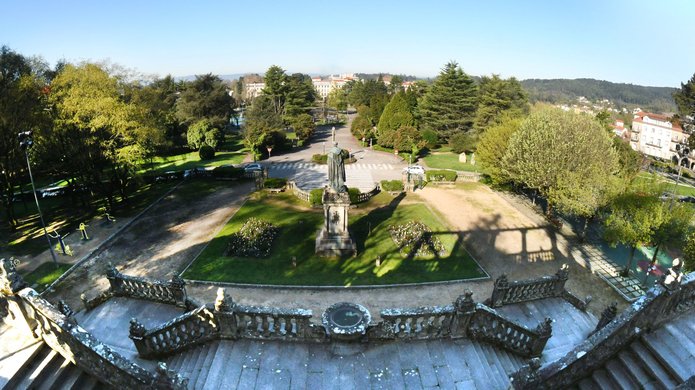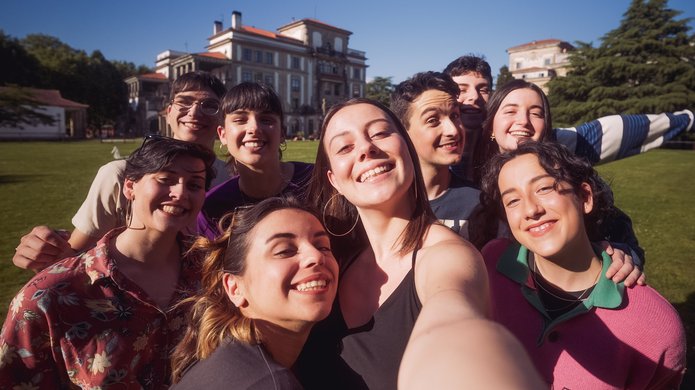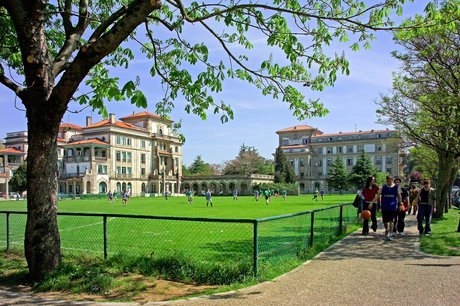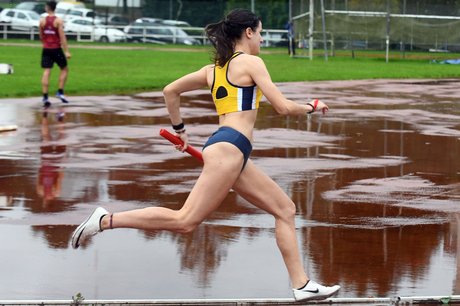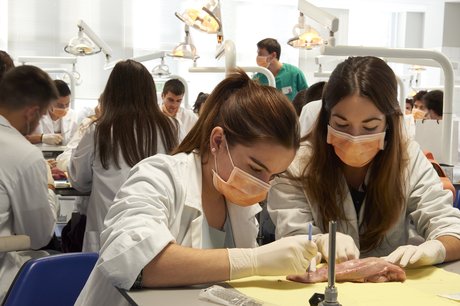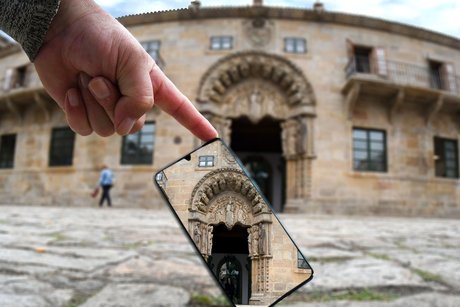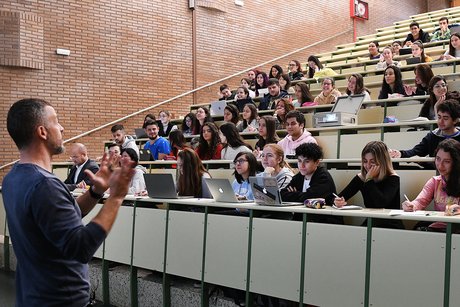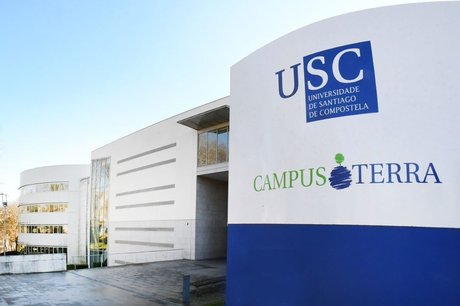The University of Santiago de Compostela (USC), founded in 1495, is home to over 25,000 students spread across two campus locations in the two World Heritage Sites of Santiago de Compostela and Lugo. USC is currently structured into three ‘specialisation campuses’: the Campus Vida (‘Life Campus’), the Campus Terra (‘Land Campus’) and the Campus da Cidadanía (‘Citizenship Campus’). As a comprehensive university, USC is ranked among the world’s top 500 universities (ARWU; 2022), as well as the best university in Spain in 2022 (Forbes) and in the discipline of Environmental Sciences (Research.com). It covers all the main academic fields, combining tradition with modernity and a strong research-intensive component with a high-quality teaching system. Its wide academic offer comprises almost 200 BA, MA degrees and PhD programmes, while its outstanding research capacity is supported by over 300 internationally recognised research groups and an extensive network of research centres and institutes.
Some highlights:
A university with a clear international vocation, USC is also deeply rooted in Galicia, a peripheral region in Europe, with an ageing population, a prominent primary sector, a rich cultural heritage and two official languages, Galican and Spanish.
USC is characterised by:
- Over 500 bilateral agreements with universities from more than 70 countries and is a member of a large number of international networks and consortia, including the Compostela Group of Universities, the CRUSOE network and the Universidade sem Fronteiras (UNISF) consortium.
- A keen interest in well-being and healthy ageing, spurred by Galicia’s demographic reality. This is reflected in: the Institutional Chair of Chronicity; the Centre for Research in Molecular Medicine and Chronic Diseases (CIMUS); the Centre for Research in Biological Chemistry and Molecular Materials (CIQUS); the Health Research Institute of Santiago de Compostela (IDIS); USC University Hospital Complex; the Rof Codina Veterinary Hospital.
- A strong commitment to the natural environment and sustainability. This is reflected in: the Cross-disciplinary Research Centre in Environmental Technologies (CRETUS) and the Institute of Agricultural Biodiversity and Rural Development (IBADER).
- Cultural heritage as a central concern. Dedicated to it are: the Institutional Chair for the Camiño de Santiago and its Pilgrimages; the Interuniversity Research Centre in Atlantic Cultural Landscapes (CISPAC); the USC-led project on Digital Cultural Heritage.
- Two official languages, Galician and Spanish, which serve as a bridge with the Portuguese-speaking and Spanish-speaking countries in Africa and Latin America. The USC has a dedicated research institute for the study of the Galician language (Instituto da Lingua Galega).
EUniWell responsible persons
Prof. María José López Couso
Vice-Chancellor for Degrees and Internationalisation
University of Santiago de Compostela
Prof. Pilar Bermejo Barrera
Vice-Rector for Scientific Policy
University of Santiago de Compostela
Prof. Belén Méndez Naya
Deputy Vice-Chancellor for Degrees and Internationalisation
University of Santiago de Compostela
Sonia Cordido Méndez
Head of International Outreach Office
University of Santiago de Compostela
Dr. Carlos Toural Bran
Communications Manager
University of Santiago de Compostela
Facts & Figures
- Students: 25,439
- Educators & Staff: 4,507
- Faculties: 33
- Campuses: 2
- Research groups: 305
